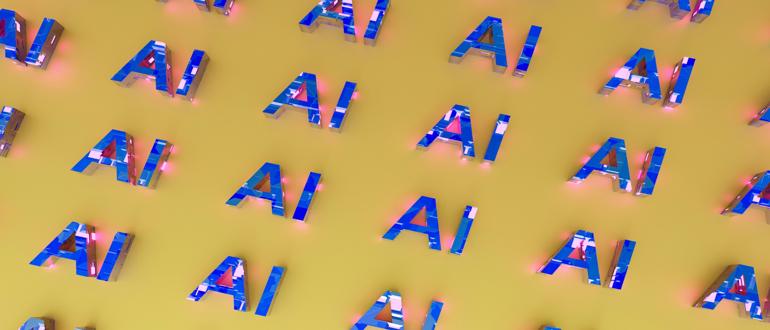
Solo.io introduces Kagent, the industry’s first open-source agentic AI framework, explicitly designed for Kubernetes environments. Kagent enables DevOps and platform engineers to automate complex cloud-native operations.
“Kubernetes is already the go-to platform for predictive analytics, MLOps, and inferencing, and now it provides the modern architecture to deploy AI agents dynamically,” said Keith Babo, chief product officer at Solo.io. “Kagent will enable Kubernetes users to run agentic AI without the huge learning curve and operational challenges of building an agentic AI infrastructure stack from scratch.”
Kagent creates a foundation for AI-driven solutions in cloud-native environments, enabling teams to build powerful internal platforms by automating configuration, troubleshooting, observability and network security tasks.
Kagent consists of three key layers essential for implementing agentic architectures on cloud-native infrastructure:
- Tools – AI agents can use pre-defined functions, including curated expert knowledge bases, availability and performance metrics, application deployment controls, platform administration utilities and security guardrails.
- Agents – These are autonomous systems capable of planning and executing complex, multi-stage activities such as canary deployment, establishing zero-trust security policies, and debugging service availability issues.
- Declarative framework – A simple declarative API and controller allows users to build and run agents via UI, CLI and declarative configuration.
Differentiation in a Growing AI Agent Market
According to Lin Sun, senior director of Open Source at Solo.io, Kagent differentiates itself by focusing on DevOps and platform engineers’ unique needs rather than that of application developers.
“Kagent is built on Microsoft’s AutoGen open-source framework and provides a powerful foundation for AI-driven solutions in cloud-native environments,” Sun explained. “Kagent is specifically designed for DevOps and platform engineers to run, build, and share AI agents that solve cloud-native operation challenges.”
While other projects in the space primarily target application developers building microservices, Kagent tailors its capabilities to operations teams working with the complex cloud native ecosystem. Through its extensible architecture, it extends beyond basic Kubernetes operations to support various cloud-native projects.
According to Mitch Ashley, VP and practice lead of DevOps and Application Development at The Futurum Group, “Solo.io’s introduction of Kagent marks a significant leap forward in leveraging AI for Kubernetes operations.” He said, “Using agentic AI capabilities, Kagent simplifies complex workflows, observability, security and extensibility within cloud-native environments. Given Kubernetes’s workload platform dominance, we will continue to see increasingly advanced innovations that agentically automate Kubernetes configuration, management, and troubleshooting.”
From Internal Problem-Solving to Community Resource
Kagent originated from Solo.io’s internal efforts to simplify and expedite cloud-native operations. The company saw an opportunity as its customer-facing engineers began fielding increasingly complex questions about Cloud Native Computing Foundation (CNCF) projects like Kubernetes, Envoy, Istio, Prometheus and Argo.
“Our customer-facing engineers often resolve these issues independently, but as we continue to scale out and support more customers, we asked ourselves: how can we leverage our in-house expertise more efficiently?” Sun reflected. “This led to a lightbulb moment—why not build AI agents to tackle common challenges and support our engineers and customers?”
The result is a set of out-of-the-box AI agents designed to address real-world operational challenges across the cloud-native landscape – including specialized agents for observability, Istio, Kubernetes, Helm and Argo.
Future Community Growth and Development
Looking ahead, Solo.io has ambitious plans for Kagent’s development. The company is working toward donating it to the CNCF as a sandbox project to foster broader community contribution.
Solo.io’s roadmap focuses on enhancing Kagent’s capabilities in several key areas:
- Improved observability with enhanced OpenTelemetry integration
- Feedback and testing frameworks for agent improvements
- Runtime support for orchestrating multiple agents and integrating with various LLM providers
- Better tooling with Model Context Protocol (MCP) server integration
“Our vision is for every CNCF project to have its own AI agent and tools, all published in a shared catalog for the entire ecosystem to benefit from,” Sun emphasized. “Imagine a future where every CNCF project offers expert AI agents that guide users through the complexities of the cloud-native landscape, making adoption and usage more intuitive and efficient.”

